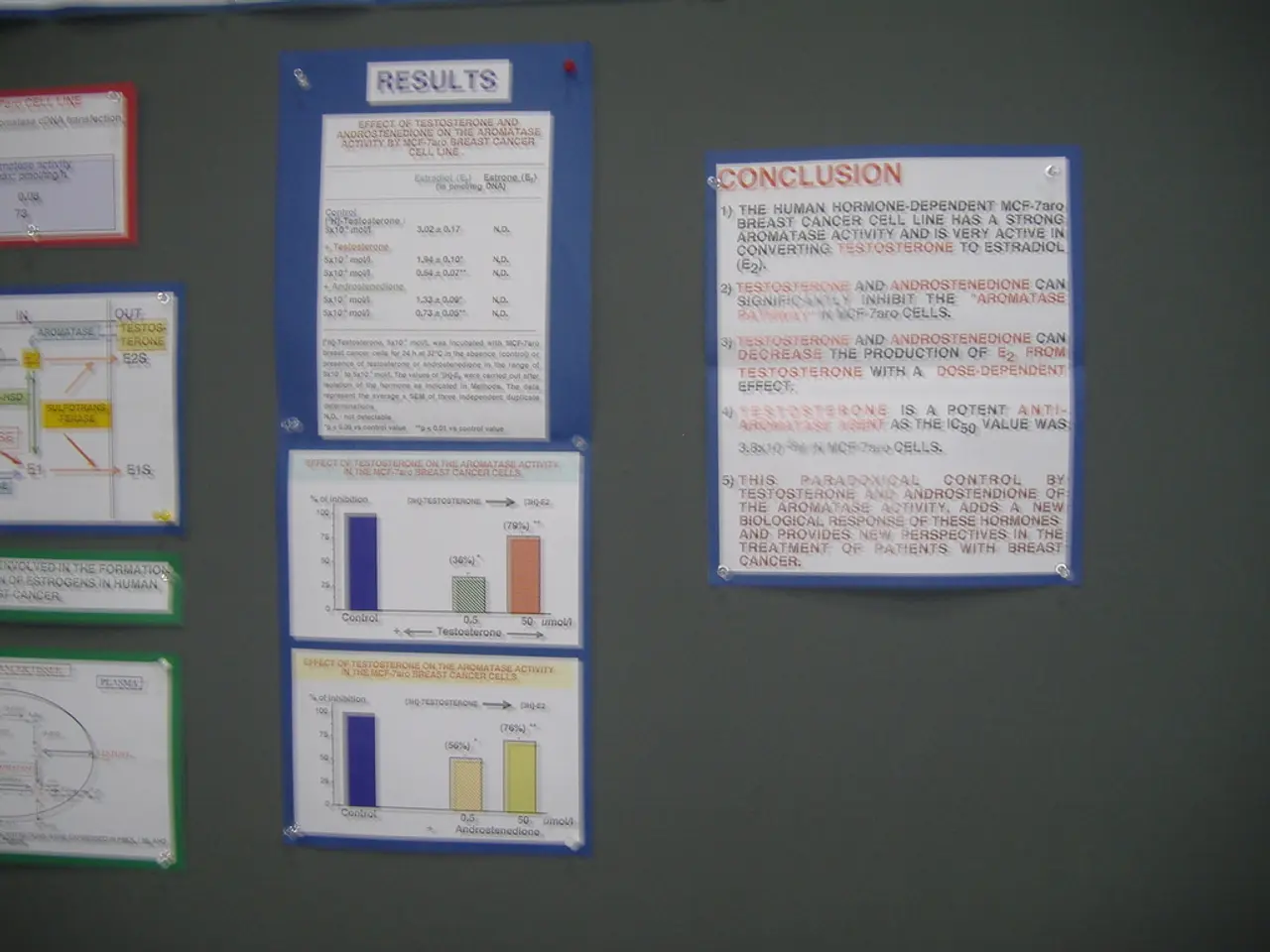Elon Musk asserts the establishment of a new political party; is its success guaranteed?
Elon Musk, the tech entrepreneur known for his innovative ventures, has announced the formation of a new political party called the America Party. However, the road ahead for this new venture is fraught with challenges, as third-party movements in U.S. presidential elections have historically faced significant obstacles.
The U.S.'s winner-take-all, single-member district electoral system strongly favours the two major parties, making it extremely difficult for third parties to win electoral votes or secure widespread support nationally. Additionally, third parties often struggle with restrictive ballot access laws, limited visibility in nationally televised debates, and a lack of fundraising capacity, organisational infrastructure, and media coverage.
These challenges are not new. The American Independent Party, led by Alabama Governor George Wallace in 1968, was a noteworthy third-party effort that succeeded in winning 13.5% of the popular vote and 46 electoral votes, mainly by appealing to segregationist sentiments in the Deep South. However, this was the last time a third party won electoral votes, and the party holds no current political office despite never formally dissolving.
Similarly, movements like the Communist Party USA and other leftist groups had notable influence in social and labor struggles during the early to mid-20th century and attracted membership peaks during the Great Depression. Yet, they failed to break through electorally due to systemic barriers and political repression.
More recently, Ross Perot, who ran as an independent in 1992 and 1996, garnered 19% of the popular vote but didn't earn an electoral vote. The Tea Party movement, a powerful conservative populist faction, emerged as a force within the Republican Party but chose to operate largely within the GOP framework rather than as a separate party.
Treasury Secretary Scott Bessent has suggested that Musk's popularity might be a barrier to building a new party, with a Quinnipiac Poll showing 30% of voters have a favourable opinion of Musk and 57% have an unfavourable opinion. Musk's resources alone may not be enough to secure a new political party due to donation limits.
The America Party aims to infiltrate the U.S.'s two-party system by focusing on a few Senate seats and House districts. However, experts warn that the new party might split the Republican vote, potentially resulting in a Democrat-dominated House of Representatives in the short term. Dafydd Townley, who teaches at the University of Portsmouth, has suggested that the new party could serve as a bugbear to one particular party, potentially having a short lifespan in American politics.
Despite the challenges, Musk appears confident in fighting what appears to be an uphill battle. When asked about breaking the two-party stranglehold, he responded, "Not hard tbh."
It remains to be seen whether the America Party will be able to overcome the historical challenges faced by third-party movements in U.S. presidential elections and make a significant impact on the political landscape.
- The formation of Elon Musk's new political party, the America Party, faces significant challenges, as third-party movements in U.S. presidential elections have historically struggled with factors such as winner-take-all electoral systems, ballot access laws, limited media coverage, and fundraising capacities.
- Notable third-party efforts in the past, like the American Independent Party and the Communist Party USA, have had influential roles in social and labor struggles but failed to secure electoral victory due to systemic barriers and political repression.
- More recent third-party or independent campaigns, such as Ross Perot's and the Tea Party movement, garnered substantial popular support but struggled to translate that into electoral success, highlighting the enduring challenges for third parties in U.S. elections.
- Experts suggest that the America Party might face the risk of splitting the Republican vote, potentially facilitating a Democrat-dominated House of Representatives in the short term, or serving as a temporary bugbear before disappearing from the American political landscape.




